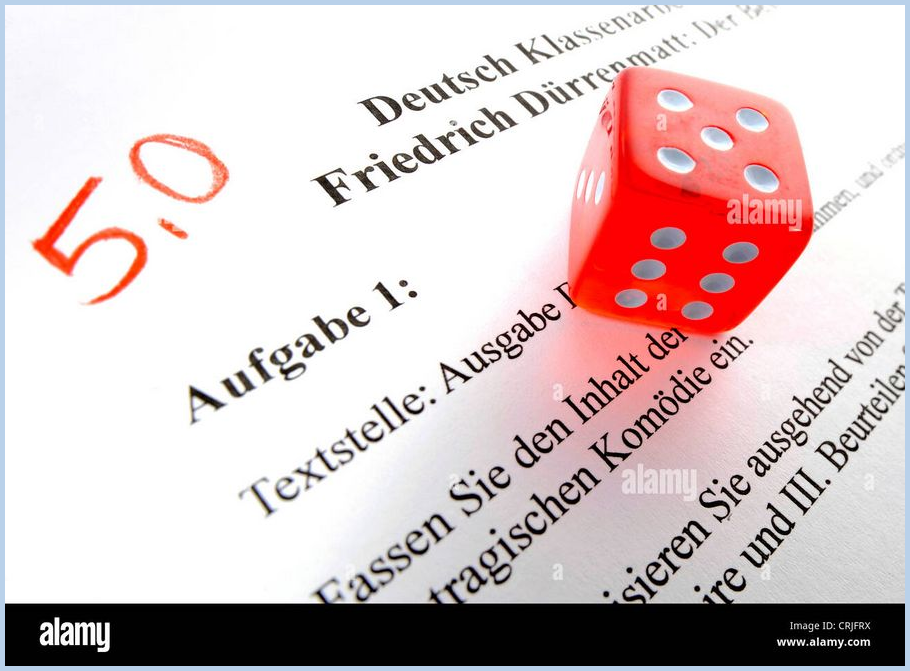Gambling has been a popular pastime in Germany for many years, despite the inherent risks and legal restrictions. In fact, a study reveals that 75% of Germans have engaged in gambling activities at least once, with men being more likely to gamble than women, particularly in sports betting. As we explore the gambling landscape in Germany, we uncover fascinating insights into the industry’s net losses, sports betting trends, market growth, and the prevalence of gambling addiction.
Online Gambling: A Growing Segment
1. Online gambling’s share of net losses In 2020, online gambling accounted for approximately 19% of the total net gambling losses in Germany, a 4% increase from the previous year. However, this figure has fluctuated over the years, ranging from 14% to 21% between 2014 and 2017, before dipping again in 2019. These variations demonstrate the dynamic nature of the online betting industry and its susceptibility to shifts in consumer behavior.
2. Prevalence of online gambling With 75% of the German population having gambled at least once, it is estimated that around 12 million Germans have placed bets online. Online gambling constitutes about 19% of all gambling activities in the country, highlighting the significant role of online betting in the overall gambling market.
3. Online casino revenue German online casinos generated an impressive €2.2 billion in revenue in 2019, with projections indicating a potential increase to €3.3 billion by 2024. These figures suggest that online casinos dominate the iGaming sector in Germany, outperforming sportsbooks and poker sites.
4. Germany’s share in European online gambling In 2019, Germans accounted for 11.4% of the total online gambling expenditure in Europe. With Europeans and Britons collectively spending €24.5 billion on online gambling that year, Germans contributed approximately €2.8 billion to the iGaming industry.

|
Online Gambling Statistic |
Value |
|
Share of net losses (2020) |
19% |
|
Prevalence among population |
19% |
|
Online casino revenue (2019) |
€2.2 billion |
|
Share in European online gambling (2019) |
11.4% |
Offline Gambling: Still a Significant Player
1. Net losses from offline gambling services In 2019, offline gambling services with the highest risk potential, such as state lotteries, slot machines, casinos, and illegal sports betting, accounted for approximately 55% of the German gambling market, amounting to €7.26 billion in net losses.
2. Impact of the pandemic on offline gambling During the first year of the COVID-19 pandemic, net gambling losses in Germany decreased to €11.7 billion. This significant drop can be attributed to the temporary closure of gambling venues and the economic challenges faced by individuals, which likely led to a reduction in gambling activities.
Sports Betting: A Popular Pastime
1. Frequency of sports betting A study reveals that 14.31% of Germans engage in sports betting once a month, while 11.07% bet on sports a few times a week, and 38.82% participate in sports betting a few times a year or less. These varying frequencies underscore the widespread popularity of sports betting as a gambling activity in Germany.
2. Motivations for sports betting According to a survey, 37.76% of Germans bet on sports primarily to win money, while 24.85% enjoy the thrill of sports betting, and 17.66% believe that betting enhances their enjoyment of watching a game. These findings provide valuable insights into the main drivers behind sports betting participation in Germany.
Gambling Market Growth and Trends
1. Projected growth of the gambling industry The German iGaming industry, second only to the UK in Europe, is expected to grow by approximately 10% year-over-year in the near future. However, operators and software providers are closely monitoring the completion of the legal process surrounding gambling regulations in the country.

2. Forecasted gambling revenue Goldmedia projects that Germany’s gambling income will reach €3.3 billion by 2024, marking a significant increase of €1.1 billion from the €2.2 billion generated in 2019. Despite the challenges posed by the COVID-19 pandemic, the online casino sector, in particular, is expected to thrive and contribute to this growth.
3. Online casino and sports betting growth rates In 2019, online casinos and sports betting in Germany experienced growth rates of 10.6% and 18.6%, respectively, compared to the previous year. Although the pandemic is anticipated to result in a 12.9% decline in gaming revenue from 2019 to 2020, the market is expected to recover in the coming years.
Gambling Addiction: A Cause for Concern
1. Impact of the lockdown on offline gambling habits A study conducted after the national lockdown in Germany from March to May 2020 found that a significant proportion of at-risk gamblers ceased their offline gambling activities. Specifically, 37.1% of sports bettors and 64.1% of casino game players stopped gambling in person during this period.
2. Prevalence of at-risk and problem gambling Approximately 3.52% of the German population is classified as at-risk gamblers, while 0.39% are considered problem gamblers, and 0.34% are identified as pathological gamblers. These figures emphasize the need for responsible gambling measures and support services for individuals struggling with gambling-related issues.
|
Gambling Addiction Statistic |
Percentage |
|
At-risk gamblers |
3.52% |
|
Problem gamblers |
0.39% |
|
Pathological gamblers |
0.34% |
Conclusion
As we navigate the complex landscape of gambling in Germany, it is evident that the industry continues to evolve and adapt to changing circumstances. While gambling remains a popular pastime for many Germans, it is crucial to recognize the potential risks and prioritize responsible gambling practices. By understanding the trends, motivations, and challenges associated with gambling in Germany, policymakers, operators, and individuals can work together to create a safer and more sustainable gambling environment for all.

